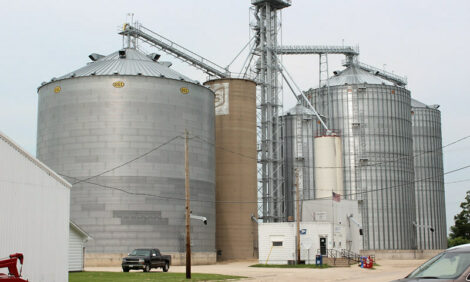



Milk Peptides that Reduce Blood Pressure
US - DSM has prepared its next weapon to fight the growing rise of heart problems with the launch of a peptide ingredient which the company claims can reduce blood pressure.The product of advanced enzyme technology, DSM’s TensGuard contains dairy peptides, proven to help control blood pressure to maintain a healthy heart.
The active peptide responsible for the blood pressure lowering effect in TensGuard is the so-called ‘Lactotripeptide’ Isoleucine-Proline-Proline (IPP). While lactotripeptides are present in normal dairy products, they are inactive within the original milk protein. To become effective, these peptides first need to be released through enzymatic predigestion. TensGuard contains activated lactotripeptides, delivering their benefits in a highly concentrated and convenient form.
Luc van der Heyden, Business Manager Heart Health, notes: “The launch of TensGuard is the result of a long period of dedicated research. Our extensive studies have ensured that we have a clinically proven, highly effective ingredient. This is complemented by in-depth consumer perception studies looking at attitudes and behaviour in relation to high blood pressure. As a result, we are confident we have a high performance ingredient and a receptive global market of significant size.”
TensGuard is a natural dietary ingredient, produced using a patented process which offers exciting opportunities for food and dietary supplement companies. TensGuard has a unique clean taste, provides clear solutions in water, necessitates only low dosages, and is stable under almost all food processing conditions. A tablet grade has also been developed under the name TensGuard TG. TensGuard TG is formulated for good flow properties and has the handling characteristics required by the dietary supplement market.
Positioned as a convenient way for consumers to manage blood pressure as part of a healthy diet, TensGuard offers manufacturers a clinically proven ingredient, supported by positive consumer research.
High blood pressure is a well known and independent risk factor for coronary heart disease, heart and kidney failure and stroke. Small reductions in blood pressure can have beneficial effects for cardiovascular disease risk. Research studies indicate that a reduction in systolic blood pressure of 3-5 mmHg is associated with a decrease in the risk for stroke of approximately 15% and coronary heart disease of approximately 10%.
TheCattleSite News Desk


